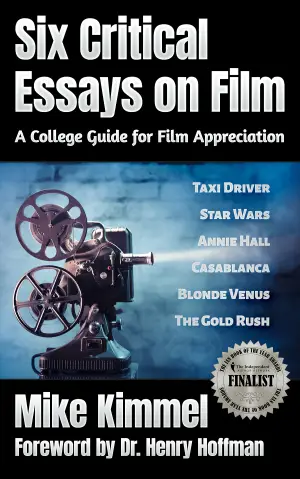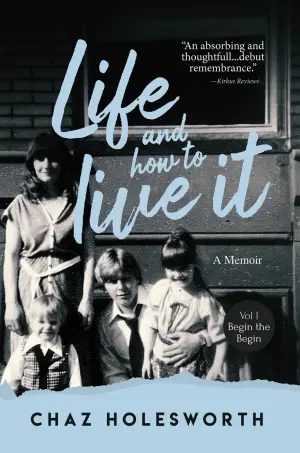I just finished reading The Measure by Nikki Erlick, and I must say, it was quite the journey. Being a fan of contemporary fiction, especially stories that weave in deep philosophical questions, I was drawn to this book’s intriguing premise: what if every adult could know the exact length of their life simply by opening a small box? The deeper implications of this question seemed ripe for exploration, and I was eager to dive into the lives of the characters capturing those experiences.
The narrative follows eight ordinary people as they confront an extraordinary choice. Each receives a box revealing their life expectancy, which ignites a societal frenzy — from suburban doorsteps to desert tents. This collective promise challenges each character’s understanding of life, death, and the relationships they hold dear. It creates a rollercoaster of emotions — joy, love, and heartbreak.
One of the most compelling aspects of The Measure is how well Erlick develops her characters. As noted by other readers, I’m delighted to echo the sentiment that their individual stories come together in a beautiful tapestry of interconnectedness. By the end of the book, I felt a palpable sense of familiarity with each character. I found myself pondering over what I would do if faced with their same choices — would knowledge alter my view of life?
Another positive takeaway was the book’s thought-provoking nature. Like the reviewer Bird Lover mentioned, it really stirred my imagination. I caught myself deep in reflection about the what-ifs and how this knowledge would impact my daily choices. How would society change? Would fear drive people apart, as illustrated in the book? Such reflections led to rich conversations with friends about mortality, legacy, and how we measure a meaningful life.
However, the book isn’t without its drawbacks. Some readers, like Dolores Silva, found it challenging to engage fully due to the multitude of perspectives. I can relate to that sentiment to some extent. While the varying viewpoints added depth, the sheer number of characters sometimes made it difficult to focus on any one narrative. It could feel overwhelming, which may take away from the intimate connection one might expect in a character-driven story.
Additionally, the plot has been criticized by some for its repetitiveness. I did notice a few scenarios revisiting similar themes, which, while offering great food for thought, could have been tightened up for a more polished narrative. For a book that raises such profoundly engaging questions, it occasionally lost momentum.
That said, the emotional weight of The Measure, coupled with its exploration of love, hope, and individuality, kept me engaged overall. The writing was lyrical, balancing tenderness and incisive commentary on societal issues. Readers who appreciate a blend of heart and philosophical depth will likely find this book rewarding.
In conclusion, The Measure left a lasting impression on me. It’s an ambitious novel that, despite its few pacing issues, effectively triggers valuable conversations about life choices and our perceptions of time. If you’re in search of a thought-provoking read that grapples with questions of existence and connection, I would certainly recommend The Measure. Just be prepared for an emotional journey filled with both joyful and sorrowful moments. It’s a testament to the complexities of life and the myriad ways we measure our time on this earth.
Overall, I would rate it 4 out of 5 stars—a solid read that invites introspection and discussion, all while weaving together poignant tales of diverse individuals facing the unfaceable. A truly compelling adventure awaits!
Discover a gripping tale of fate and choice in The Measure: A Novel. >>








